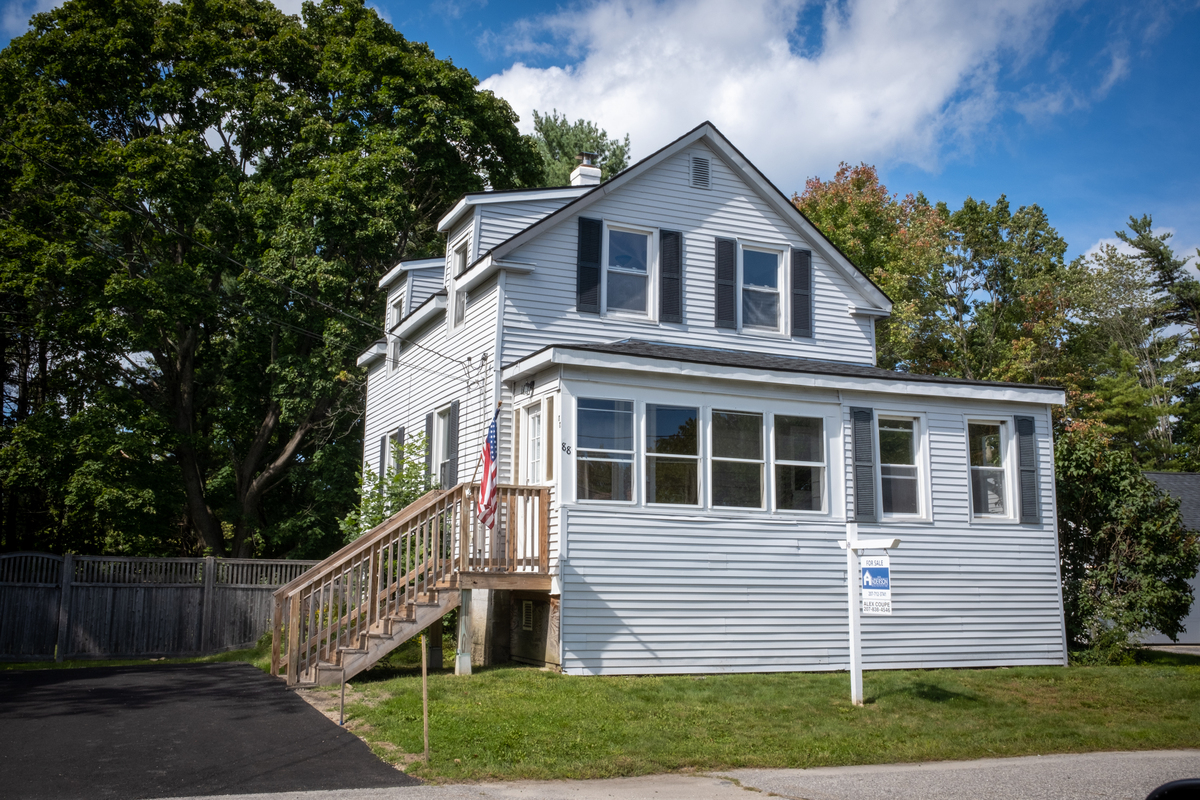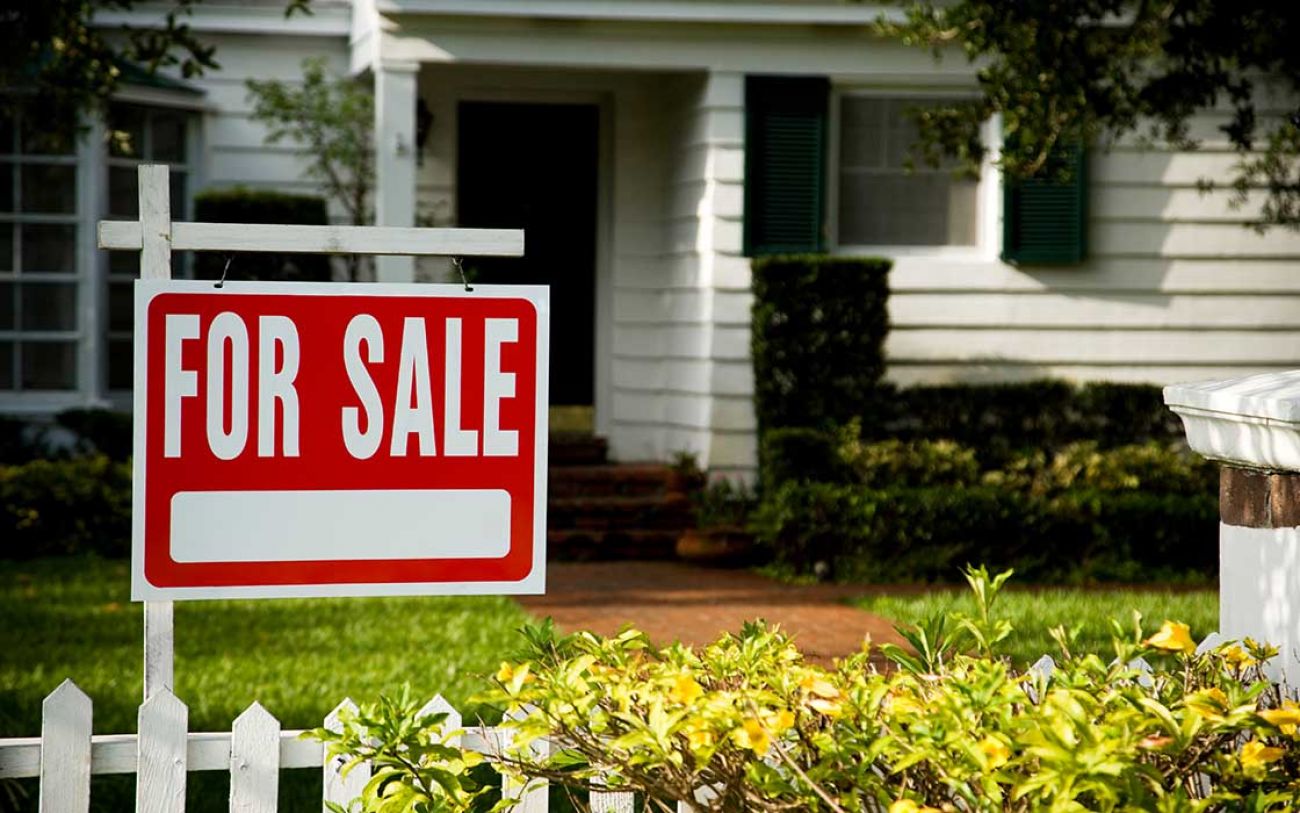So, you've found potential establishment issues with the house you're keen on purchasing. This ought not be a programmed issue, yet it will require further examination by a certified primary designer to analyze the seriousness of the harm.
Contingent upon the size of the issue, establishment issues could really introduce a potential chance to get a more ideal arrangement on the house. Your representative might have the option to arrange a lower deal cost or concessions that more than make up for the related fix costs.
Is it protected to reside in a house with establishment issues?
Indeed, as a rule it's protected to reside in a house with establishment issues.
Establishment issues are for the most part not a sign that the house is at risk for imploding. All things considered, they're a worry since establishment issues can cause secondary effects like form, or they can hurt the home's estimation when you attempt to sell in future.
Serious groundwork issues additionally don't work out by accident more or less. They start little and deteriorate progressively over years — which is precisely why such countless property holders disregard them.
Would it be a good idea for you to purchase a home with establishment issues?
All things considered, you'll experience a house with establishment issues during your home inquiry: an expected 25% of all U.S. homes will endure "primary pain" like establishment harm during their lifetimes, with 5% getting through serious issues.
The greater part of all home buyers in new jersey consider establishment issues an "issue" since establishment issues can make the home-purchasing process more muddled and hazardous.
You'll need to settle front and center for an underlying review, and contingent upon what the investigation reveals, you could confront further expenses or an extreme discussion with the vender.
You may likewise have less home loan choices — choices that call for significantly greater investment and desk work — assuming you intend to fund the expense of the fixes.
Imagine a scenario in which the house had past establishment fixes.
You could go over a house with unveiled establishment gives the proprietor claims they've proactively tended to. While it's rare — just 7% of mortgage holders say they've made primary fixes — it's typically great.
As this graph illustrates, most establishment types should keep going for the lifetime of the design, excepting flawed development. That is valid for quality establishment fixes as well.
However, you shouldn't simply accept the merchant's statement that the harm has been fixed appropriately.
Request confirmation the fixes are under guarantee. Check that the guarantee is adaptable — and that the organization ensuring the workmanship is still in business.
Could you at any point get a home loan on a house with establishment issues?
Most loan specialists won't endorse traditional home loans for houses with serious underlying imperfections. In any case, select home loan programs permit home purchasers to back troubled properties with establishment issues — and even acquire the assets to pay for the fixes:
Indications of establishment issues
While the typical home buyers aren’t able to assess establishment issues, you ought to watch out for the indications of underlying harm as you lead your home pursuit:
· Floors that are listing or lopsided
· Entryways and windows that won't close as expected
· Breaks in walls — particularly over entryways and windows
· Huge breaks in substantial floors
· Cellar walls that are bowing or have level breaks
· Form or extreme dampness in storm cellar or unfinished plumbing space
House settling versus establishment harm
Establishment breaks look terrifying, yet typically they're simply the side-effect of a typical — and innocuous — process known as "settling."
Settling happens bit by bit over numerous years as the house and soil under it grow and contract with occasional changes to temperature and dampness levels.
Breaks that structure because of settling shouldn't concern you. Most current establishments oblige up to 1" of settling, and chunk establishments can be intended to deal with up to 4" of soil development. Furthermore, assuming you're worried that they deface a home's appearance, you can fill them in rapidly and modestly.
Will a home examination reveal establishment issues?
Short response: a home reviewer could detect establishment issues, yet they aren't expected to. In the event that you're worried about establishment harm, you ought to pay an underlying specialist to play out a careful assessment of the home's primary trustworthiness.
Why a general home investigation isn't sufficient
Home controllers are generalists. They're prepared to recognize side effects of expected issues in like manner home frameworks, yet they're not specialists in any of them.
What amount do establishment fixes cost?
The typical mortgage holder pays around $4,500 to fix establishment issues, as indicated by information from Home Advisor. In any case, costs change emphatically founded on the seriousness of the harm and the exact idea of the maintenance.
Ways to purchase a home with establishment issues
Remember a review possibility for your proposition
In the event that you make a proposal on a Sell my house in new jersey you suspect has establishment issues, you ought to be mindful so as to incorporate an examination possibility.
The investigation possibility will permit you to void the buy contract inside a predetermined period on the off chance that an examination uncovers issues the merchant didn't unveil (and likely had hardly any insight into) forthright.
What establishment issues mean for your property holders protection
Your moneylender will not permit you to close on your home loan without a property holders insurance contract set up. Fortunately, you shouldn't have an excess of trouble guaranteeing your property.
Insurance agency will frequently endorse a mortgage holders’ strategy on an upset property as long as the purchaser consents to finish the fixes inside a predefined time period — as a rule something like 30 days.
And, surprisingly, in outrageous cases —, for example, when the property will be empty during broad fixes or the redesign costs surpass the ongoing worth of the house — you actually have numerous choices.






0 Comments